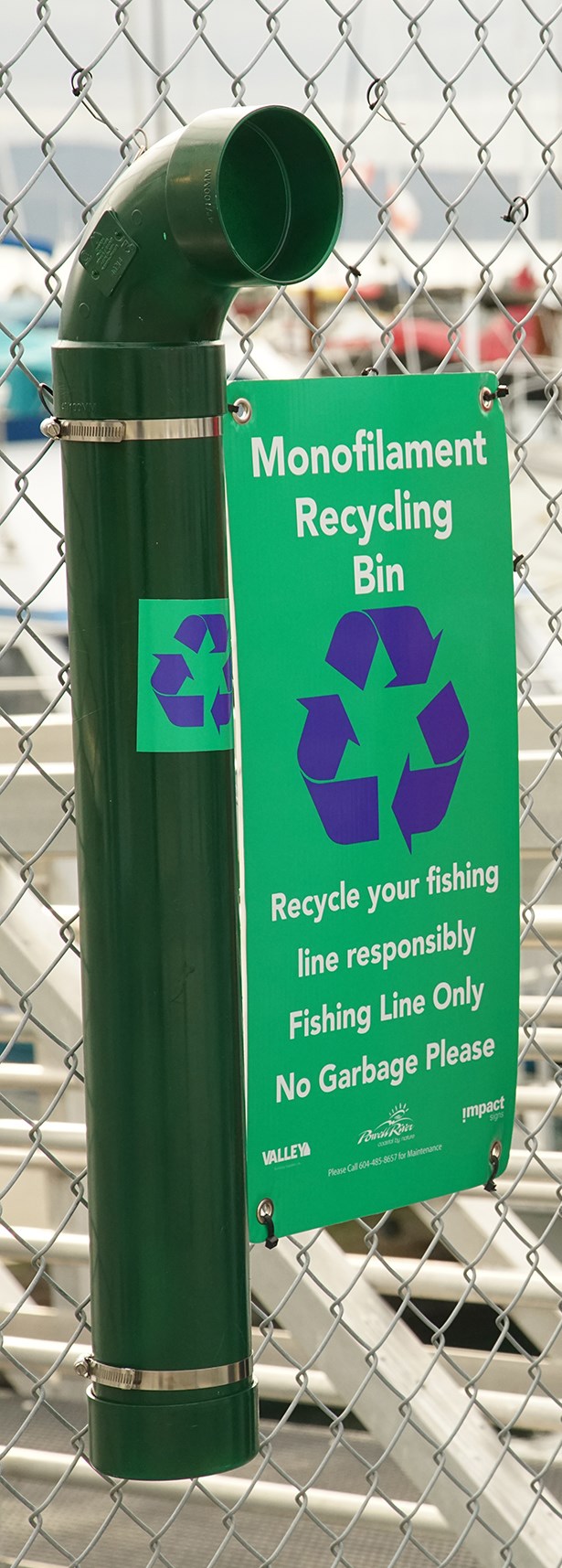We all know the most effective way to prevent a tub from overflowing is to shut off its tap.
This is a good reminder when it comes to dealing with the deluge of plastic making its way into our waters. It’s a lot easier to prevent plastic from getting into the ocean, rivers and our drinking water than to attempt to fish it out after.
Large pieces of plastic inevitably break down into microplastics where they are mistaken for food by marine life, posing a threat on many levels: obstructing digestion, mimicking fullness without nourishment and acting as toxins to sensitive systems. Plastic, it turns out, not only contains chemical additives, but also naturally absorbs toxic pollutants, such as heavy metals, from surrounding water.
Fortunately, some serious nerding-out is happening in labs and probably the occasional pub, and we are finding ways to keep plastic out of waterways.
Unlike lint catchers on clothes dryers, most washing machines don’t have filters, or at least not ones for anything smaller than spare change and house keys. Synthetic clothing is full of plastic microfibres that get flushed down the drain and most wastewater treatment plants are not designed to filter them out.
Some partial solutions have cropped up, including the Cora Ball, whose shape mimics coral in the ocean. When tossed into a load of washing, it picks up nearly 30 per cent of microfibers in its folds. Even more effective is the LUV-R Filter Kit, which attaches to a washing machine’s drain, capturing 87 per cent of microfibres.
If you’re guilty of indulging in overlong showers, the Showerloop is an open-sourced invention worth checking out, and it filters out microplastic fibres almost accidentally. The first minute of water that flows down the drain from a 10-minute shower is recirculated through a filter and as it’s already warm, requires less energy to get it up to the desired temperature. The device reduces the amount of water use by an impressive 90 per cent and energy by 70 to 90 per cent.
Plastic fishing line is a hazard to marine life and people alike. Collection tubes designed to hold broken or found lines are now keeping these out of the ocean. Powell River hosts a number of them that are easily accessible by boaters at various wharfs.
Another simple, yet effective design is using a mesh net as a kind of sock on storm and wastewater outflows in municipalities. These directly filter out larger pieces of plastic debris that would otherwise zip right into oceans and rivers where they would break apart and become much harder to recapture and dispose of or recycle.
Beach cleanups are yet another way of preventing plastics from reentering the water where they would degrade into smaller pieces and a bigger problem. This year, as the result of additional funding, nearly 57 tonnes of marine debris, much of it plastic material from the aquaculture industry, was removed from qathet Regional District’s coastlines.
It’s not too late to volunteer your time and clean up a stretch of the shoreline. Free disposal is available by contacting the Let’s Talk Trash team (see email below) and getting an orientation at the Ocean Plastics Depot. Most collected debris is later transported for recycling.
We can all prevent plastics from ending up as fish food that extends beyond bringing our own bag to the grocery store. Enjoy making the next right step in that direction for you and your household.
Let’s Talk Trash is qathet Regional District’s waste-reduction education program. For more information, email [email protected] or go to LetsTalkTrash.ca.



